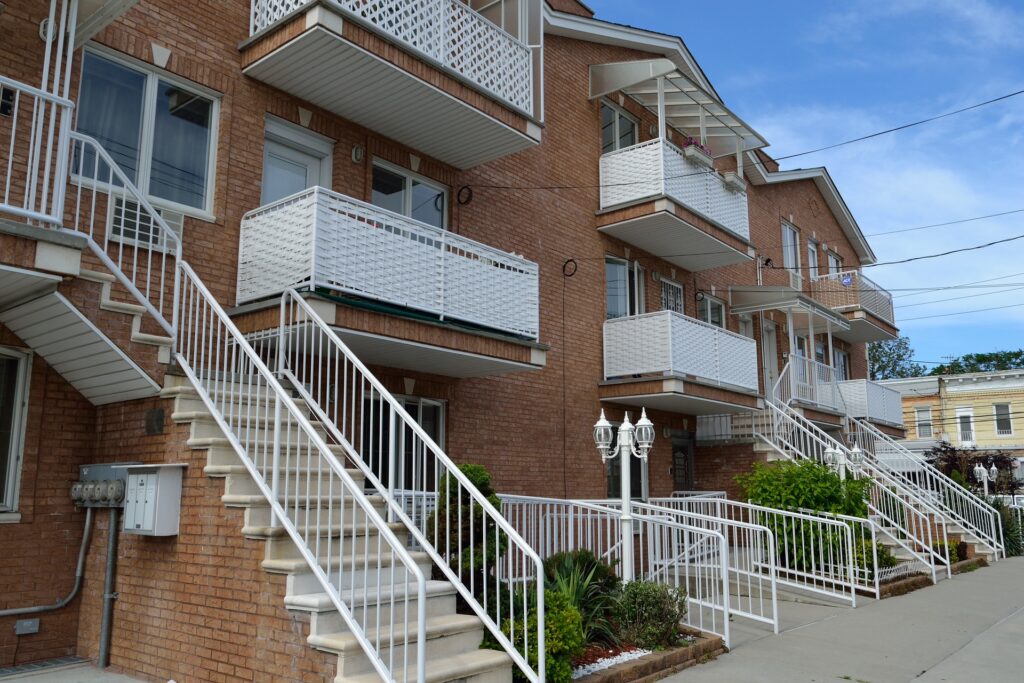
Millie Bannister was already worried about the rising cost of living in Sydney when she got a note from her landlady proposing a 35% rent rise.
The 26-year-old executive director of the mental health organization Allknd says the rent rise will alter her lifestyle and career goals, prompting some to suggest that the state government should set price limits.
Moreover, she said it was raised by $60; the new rise is $270 per week, or 35%, or roughly $12,000 annually.
The situation is depressing and disheartening, and almost devastating. Allknd did not think that a typical individual can afford a 35% rise; who plans to save an additional $12,000 to buy something they already have?
CoreLogic data shows that rents in Sydney have risen by 11% over the past year, creating a severe problem for the city’s tenants.
Moreover, the national average availability rate is only 1.2% across all major areas, leaving many people extremely apprehensive about the possibility of attempting to find suitable accommodation.
Bannister said that they felt like they were being exploited. Because “we know that they’ll raise it to above market worth and that we have no bargaining power.”
Leo Patterson Ross, the executive director of the Renters’ Union of New South Wales, recently commented that tenants were going through a “nasty” period and that the market needed some form of renting regulation.
Ross countered a typical case against rent controls by saying that, contrary to expectations, landowners were not becoming less willing to build or keep rented housing.
Ross and the Renters’ Union have proposed a rent limit tied to the Consumer Price Index, allowing rent increases without making them unaffordable for most tenants.
Since there needs to be more supply to go around right now, the market isn’t producing. We also have the disadvantage of knowing that many tenants are making do with unattended upkeep and repair issues.
Norway and Turkey, members of the Organization for Economic Cooperation and Development (OECD), have adopted systems with controlled rates for the whole renting market.
In the Netherlands, rent control applies to properties advertised at or below a specific price. In Germany, rent is limited to 10% above the average rate for the region in areas where the property market is under stress.
While demand and supply have been cited repeatedly as reasons for the soaring rent, Dr. Chris Martin, the senior research associate at the University of New South Wales City Futures Research Centre, said there was often a more straightforward explanation: owners were deciding to raise the rent.
He said we also need to place landowners in the equation alongside demand. “Rising prices are being discussed in the passive person because owners are implementing rent increases.”
Martin claimed that landlords had mainly been “let off the hook,” He stressed the need to place landowners in the center of any dialogue about rent hikes.
